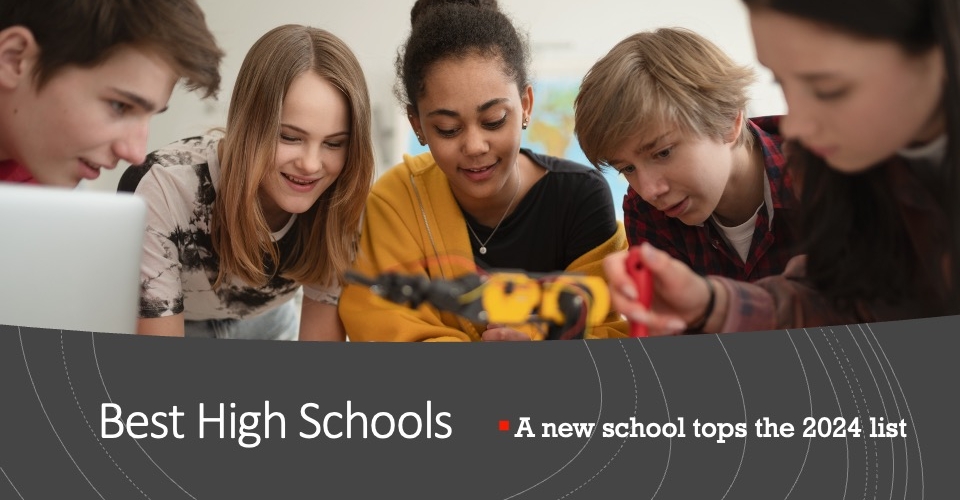Since the pandemic, district leaders and administrators have been working tirelessly to help students get back on track academically after remote learning tremendously impacted teachers’ ability to provide effective instruction. However, test scores—particularly in math and reading—paint a grim picture as researchers continue to uncover steep declines among young learners. Here’s how leaders should intervene.
“Which strategies are most effective for intensive academic intervention?” That’s the central question behind a new research brief from EdResearch for Action, a joint initiative of the Annenberg Institute at Brown University and Results for America. In an effort to help educators and district leaders employ best practices surrounding academic recovery, the researchers outline what they believe to be the best—and worst—practices for addressing the issue.
What to avoid
“Schools have always looked for ways to accelerate the progress of students achieving below grade-level,” the report reads. “However, researchers have found that some of the most common approaches to helping those students catch up to their peers tend to be ineffective.”
Among these popular strategies for academic intervention is grade retention. Proponents argue that it helps struggling students by giving them an additional year of instruction. On the other hand, opponents say the evidence is mixed as it can negatively impact a student’s self-esteem and motivation, in addition to several other equity concerns.
“While popular among many policy makers, [grade retention] can have negative consequences if not executed equitable and paired with substantial additional support for students,” the authors wrote.
Educators should also avoid interventions that replace core instruction time as they can severely impact student achievement. Lastly, the researchers argue against teaching more advanced content without giving students additional support as it’s “unlikely to be successful.”
Effective evidence-based practices you can implement
In contrast to the previous strategies, the researchers offer several research-backed practices that district leaders ought to consider when implementing academic recovery initiatives:
- High-impact tutoring: This strategy is widely considered to be one of the most effective ways to help students quickly close learning gaps.
- Find opportunities to implement short-term interventions during summer vacation and other breaks.
- Provide “double-dose” math courses as they help students increase their math proficiency.
Additional interventions to consider
According to the researchers, the following practices yield mixed results but deserve honorable mentions:
- Academics-focused afterschool programs with certified teachers.
- Computer-assisted learning that supplements core instruction.
- Extending the school year by increasing instructional time.









